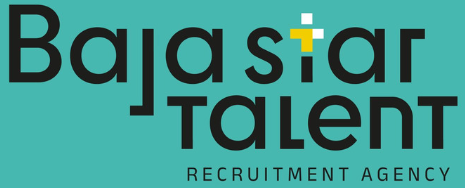In today’s fast-paced job market, continuing education is no longer optional—it’s essential. Ongoing training and upskilling are now among the top factors that influence employability and career advancement.
Whether you’re in tech, administration, HR, logistics, or design, one thing is clear: knowledge evolves. If your resume doesn’t reflect growth, curiosity, and updated skills, you risk being passed over—even with years of experience.
What is Continuing Education?
Continuing education refers to all learning activities that help you stay updated and grow professionally. It can include:
- Short courses and certifications
- Company-led training programs
- Bootcamps and workshops
- Webinars and e-learning
- Language improvement
- Soft skills coaching
It’s not just about formal degrees anymore—it’s about learning agility

Why HR Should Care
From a Human Resources perspective, fostering a culture of continuous learning brings measurable benefits:
- Boosts retention by giving employees clear paths for growth
- Fills skill gaps within teams before hiring externally
- Enhances employer branding as a forward-thinking organization
- Increases adaptability during change or tech transformation
Training isn’t just an investment in employees—it’s an investment in your company’s future.
For Job Seekers and Employees
Employers increasingly value candidates who demonstrate curiosity, initiative, and resilience—traits that continuing education supports.
A resume with recent certifications, tools proficiency, or language improvement reflects that you’re future-ready. On the other hand, an outdated resume with no recent learning signals stagnation.
Quick Test: Is Your Resume Up-to-Date?
Answer these 8 questions and find out if your CV meets the expectations of today’s recruiters.
1. When was the last time you completed a course or training?
a) Within the last 6 months
b) Over a year ago
c) I can’t remember
2. Do you have any up-to-date certifications relevant to your field?
a) Yes
b) I’m working on it
c) No
3. Are you confident using current tools or digital platforms in your role?
a) Absolutely
b) Basic tools only
c) Not really
4. Have you recently improved or certified a second language?
a) Yes
b) I’m conversational but not certified
c) Not necessary for me
5. Do you attend industry webinars, events, or workshops?
a) Regularly
b) Occasionally
c) Never
6. Do you have a professional development plan?
a) Yes, with clear goals
b) A vague idea
c) Not at all
7. How often do you update your resume?
a) Every time I gain a new skill or project
b) Only when job hunting
c) It’s been years
8. Are you aware of the key soft skills needed in your current or desired role?
a) Yes, and I work on them
b) Somewhat
c) Not really sure
Results
🔵 Mostly A’s: Your resume is market-ready. Keep learning and adapting—you’re doing great!
🟡 Mostly B’s: You’re on the right track, but it’s time to invest more in new knowledge.
🔴 Mostly C’s: Your profile may need a serious refresh. Consider short courses, online certifications, or language training to stay competitive.
